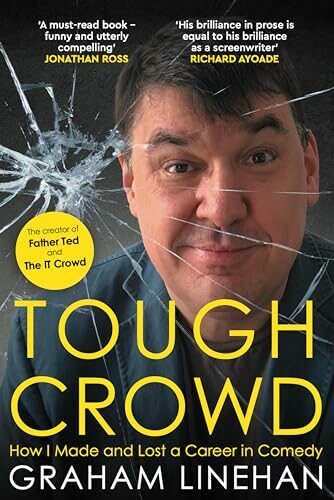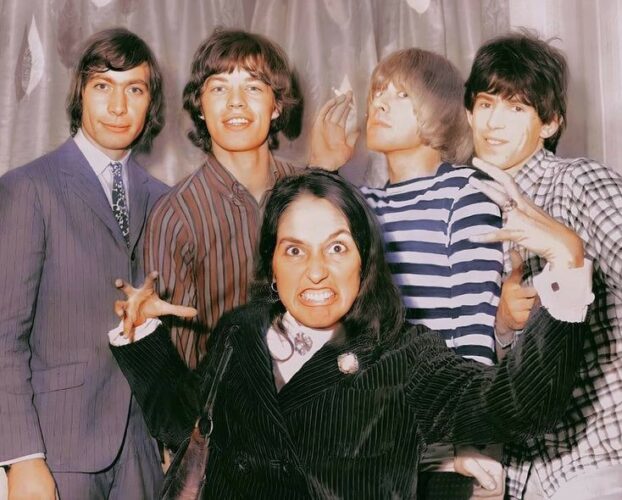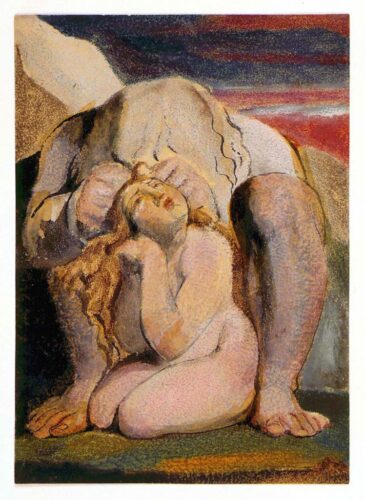Ending Explained (Part 1)
Part 1 of a consideration of John Carpenter’s In The Mouth of Madness (1994). Some of the ideas in this essay were partly developed in conversation with George Daniel Lea and Elliot Chapman.
*
 John Carpenter’s late – and last – classic In the Mouth of Madness (1994) is famously metafictional. In the final scene of the film, the ‘protagonist’ John Generic Name… sorry, I mean John Trent… goes into a cinema which is showing a film called In the Mouth of Madness, advertised as starring John Trent, and watches himself on the screen, watches the film we’ve just seen, essentially. He watches himself declaring repeatedly (in alternate cuts of the same scene, featuring Sam Neill’s varying line deliveries) that he is nobody’s puppet and that the surreal things he’s experiencing are “not reality”. Apparently overcome by the realisation that he is, in fact, a fictional character in a film, John Trent begins laughing. His laughter gradually goes from being hysterical in the figurative sense to hysterical in the literal sense. As he starts having a panic attack, the film – the one we are watching – cuts to the credits.
John Carpenter’s late – and last – classic In the Mouth of Madness (1994) is famously metafictional. In the final scene of the film, the ‘protagonist’ John Generic Name… sorry, I mean John Trent… goes into a cinema which is showing a film called In the Mouth of Madness, advertised as starring John Trent, and watches himself on the screen, watches the film we’ve just seen, essentially. He watches himself declaring repeatedly (in alternate cuts of the same scene, featuring Sam Neill’s varying line deliveries) that he is nobody’s puppet and that the surreal things he’s experiencing are “not reality”. Apparently overcome by the realisation that he is, in fact, a fictional character in a film, John Trent begins laughing. His laughter gradually goes from being hysterical in the figurative sense to hysterical in the literal sense. As he starts having a panic attack, the film – the one we are watching – cuts to the credits.
Carpenter does not put ‘Starring Sam Neill’ on the poster. He does not break the fourth wall directly. Within the frame of the text, the barriers between reality – the life of John Trent, the world in which Hobb’s End is a fictional town created by author Sutter Cane – and fiction – the world of Hobb’s End and the monstrosities that exist there – breaks down, and the two are shown to be essentially one and the same. But the text does not breach its own actual limits. The text does not depict the barriers between itself and us, the viewers, breaking down. The metafictional apocalypse depicted on screen does not seem to affect us, the viewers.
In the Mouth of Madness landed in 1994. In 1994 I was in my second year of an English & Philosophy degree. I was wading through Foucault, Derrida, Lacan, Baudrillard, Kristeva… It was the high academic fashion of the moment.
Lacan famously used topology as a source of metaphors and analogies, even if he himself denied that they were metaphors and analogies. He describes the neurotic subject as a torus or möbius strip – or as a cut on a torus or möbius strip. Putting aside the question of his actual knowledge of topology or mathematics more generally, we can appreciate the image of the circulating, edgeless, closed-loop shape as a way to visualise neurosis. At the risk of sounding like Zizek, we can easily apply this image to In the Mouth of Madness, in which a sequence of events plays out which is easily interpreted as the experience of paranoid neurosis on the part of an individual subject – indeed is so interpreted within the frame of the story – and which loops back upon itself at multiple points. Not only does the framing story provide an exactly symmetrical shape to the story – Trent is put in the lunatic asylum at the start; Trent escapes the lunatic asylum at the end – but the inner story, the picture within the frame, is recursive. …


 The Boy, a film from 2016, written by Stacey Menear and directed by William Brent Bell, has been largely-forgotten, but deserves better. It tries to be to patriarchy what Get Out, released the following year, would be to racism.
The Boy, a film from 2016, written by Stacey Menear and directed by William Brent Bell, has been largely-forgotten, but deserves better. It tries to be to patriarchy what Get Out, released the following year, would be to racism.




